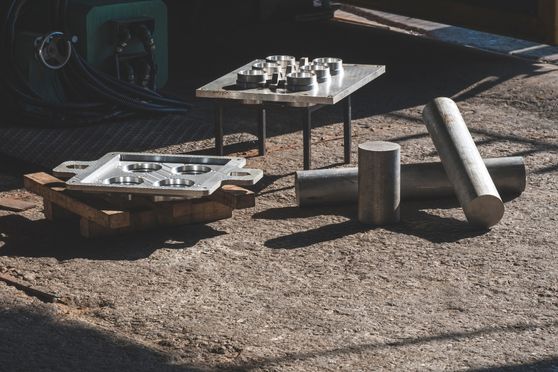Injection Mold Care & Molder Responsibility
Understand the basics of tool maintenance: It is important for manufacturers to understand the basic repair and cleaning required for proper tool maintenance. In order to keep tools in top condition, regular maintenance is essential, not just when trouble occurs.
In general, the condition of injection molding tools affects the quality of the plastic components produced. Molds and molds are critical assets for their business, yet many manufacturers overlook their maintenance needs when deciding which injection molding machine to choose.
Having your tools repaired by a supplier can be a key factor in the success and longevity of your relationship. As with any maintenance program, there are certain controls and procedures that should be performed on a regular basis. For samples, the mold cavity and gate should be inspected for wear and damage.
The exhaust system should be checked and lubricated, all surfaces should be cleaned with a non-toxic solvent to remove dirt and sprayed with a rust preventative. Additionally, all water lines should be flushed and drained to release excess moisture.
Molds should undergo proper maintenance checks before storage, including:
-
All plates separated
-
The ejector system should be cleaned and lubricated
-
Replacement and/or repair of parts including ejector pins and springs, worn bushings, or guide pins
Once these conservation tactics are complete, mold is quick and easy to use.
Understanding Problems with Mold Neglect:
What happens when the injection molding machine ignores the mold?
Over time, the molding cycle can provoke significant wear. Without a proper preventative maintenance program, material builds up on mold surfaces and can eventually lead to mold dents, burrs, and other component failures.
Unfortunately, some molders wait until there is a part quality issue with tool damage before repairing it. Delaying repairs until this point can lead to additional costs, shipping/inventory issues, and increased time to market. However, molders can actually reduce production time and overall costs if they implement clear maintenance procedures.
Molds are an important investment for any manufacturer and extending the life of the tool requires collaboration, communication, and maintenance of the schedule agreed upon by both parties.
Below is a checklist of questions to help evaluate a supplier for facility care and maintenance.
-
How do you plan preventive maintenance?
-
What does Castor take care of before the warranty expires?
-
What preventative maintenance procedures are you performing?
-
How do you keep track of tool cycles?
-
What do you think about regular tool care?
-
Why is it worth it to me?
-
How do you maintain part quality with tool maintenance?
-
Which component to use and why?
-
How do you maintain the integrity of your waterline?
-
How do you minimize required maintenance?
-
How are maintenance findings reported?
Are you looking for an injection molding machine that can handle everything from concept to development production?
Contact Dowell Moulds, Vapi's premier mold manufacturer, to learn more about our formula for developing superior products in a timely and cost-effective manner.

